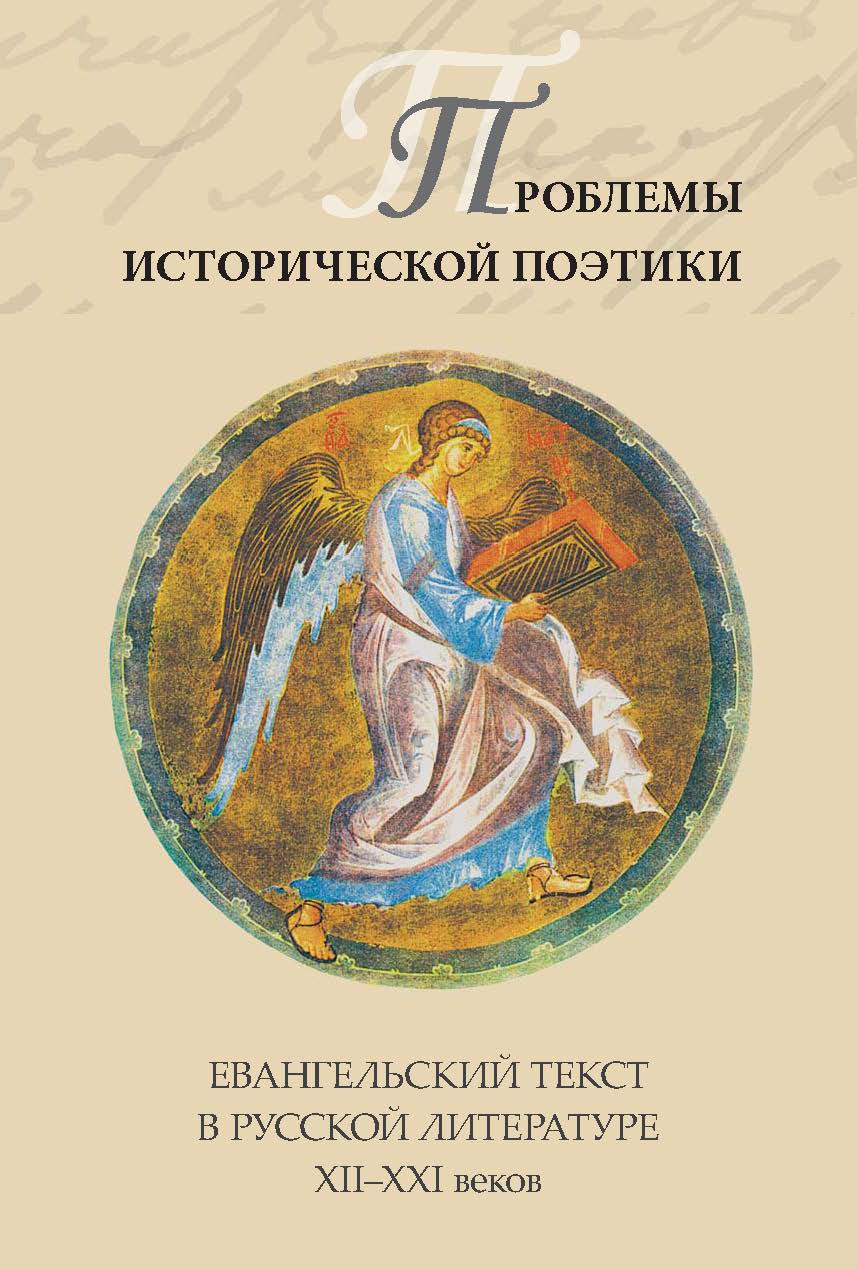«ЖИТИЕ ЛАЗАРЯ МУРОМСКОГО» КАК СЮЖЕТНЫЙ ИСТОЧНИК ПОЭМЫ Ф. Н. ГЛИНКИ «КАРЕЛИЯ»
THE VITA OF LAZAR OF MUROM AS A HISTORICAL SOURCE OF FYODOR GLINKA’S POEM KARELIA
Author(s): Alexandr Mihailovich Pashkov Subject(s): Language and Literature Studies, Literary Texts
Published by: Петрозаводский государственный университет
Keywords: The Vita of Lazar of Murom; Fyodor Glinka ; T. V. Balandin ; poem Kaleria
Summary/Abstract: he article proves that one of the sources of Fyodor Glinka's poem Karelia was the legend describing The Vita of Lazar of Murom — a Greek monk who founded the Murom Monastery of St. Assumption on the southeastern shore of Onega Lake in the middle of the 14th century. This fact has not been mentioned yet in any of the literature studies devoted to Glinka's works. It is believed that The Vita of Lazar of Murom was created during the period between the late 14th and early 15th century. At the end of the 18th century this manuscript's copy belonged to a high rank Petrozavodsk official I.A. Pykhtin. In 1805, he consigned his copy of The Vita of Lazar of Murom to a well-known Petrozavodsk historian T.V. Balandin, who made another copy of it. Soon T.V. Balandin transferred his copy to a famous Orthodox church historian Evgenii (Bolkhovotinov), who in turn published this copy in 1813 in the 5th volume of his work The History of Russian Hierarchy. In 1826-1830, poet Fyodor Glinka was sent to exile in Petrozavodsk for having participated in the Decembrist movement. He met T.V. Balandin, read the text of The Vita of Lazar of Murom and included a story about a monk who had moved from Greece to Russia into his poem Karelia published in 1830. Besides, the name of Saint Lazar is mentioned in the main text of the poem and twice in its footnotes. Glinka had a great intuitive feel for a language and noticed correlation between style and authenticity of the legend about Lazar's life. So, The Vita of Lazar of Murom became one of the sources which inspired Fyodor Glinka to create his poem Karelia and to certain extent determined its content.
Journal: Проблемы исторической поэтики
- Issue Year: 12/2014
- Issue No: 1
- Page Range: 112-123
- Page Count: 11
- Language: Russian, Estonian

